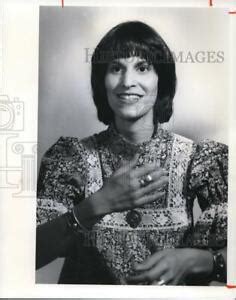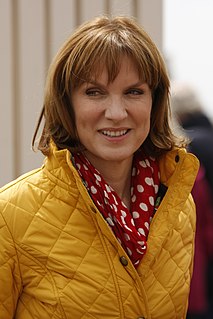A Quote by Miroslav Volf
Some of the worst violence in the world today between estranged religious and ethnic groups happens not on the battlefields. It happens smack in the middle of living rooms and between people who share a lot, who have a lot in common.
Related Quotes
Today age segregation has passed all sane limits. Not only are fifteen-year-olds isolated from seventy-year-olds but social groups divide those in high school from those in junior high, and those who are twenty from those who are twenty-five. There are middle-middle-age groups, late-middle-age groups, and old-age groups - as though people with five years between them could not possibly have anything in common.
Simple exchanges can break down walls between us, for when people come together and speak to one another and share a common experience, then their common humanity is revealed. We are reminded that we're joined together by our pursuit of a life that's productive and purposeful, and when that happens mistrust begins to fade and our smaller differences no longer overshadow the things that we share. And that's where progress begins.
I think there has been an unfortunate tendency for a lot of different groups to forget that distinction between natural law and revealed truth and to say: Our complete agenda is to be enacted into laws governing the entire society. Many different religious groups claim that authority, not only Catholics. A lot of different Protestant groups as well are stepping forward to say: Here is our agenda, it is a moral agenda, ergo it must be enacted into law. I think that the distinction between natural law and more ultimate kinds of doctrine is being lost.
Our feelings alone don't change what happens with the police, what happens in jail, what happens when someone tries to go to the welfare office, the unemployment office, or any kind of state agency where a criminal record comes up for prostitution. How we feel about the commodification of sexuality and violence doesn't actually translate to those people's lives. A lot of the debate is really academic and a waste of time.
Educators who have said, "We don't like that, so we'll continue to teach as if it's not happening," are just aggravating the gap between what happens in schools and what happens in the real world. Because of their personalities, or for cultural reasons, some kids might better express themselves through moving images and sound.
We're not all the same. A common liberal refrain is that differences between individuals are statistically more significant than those between cultural, ethnic, and racial groups. I don't see why the fact of inter-individual differences would nullify inter-group variance. That's liberal logic for you.






































